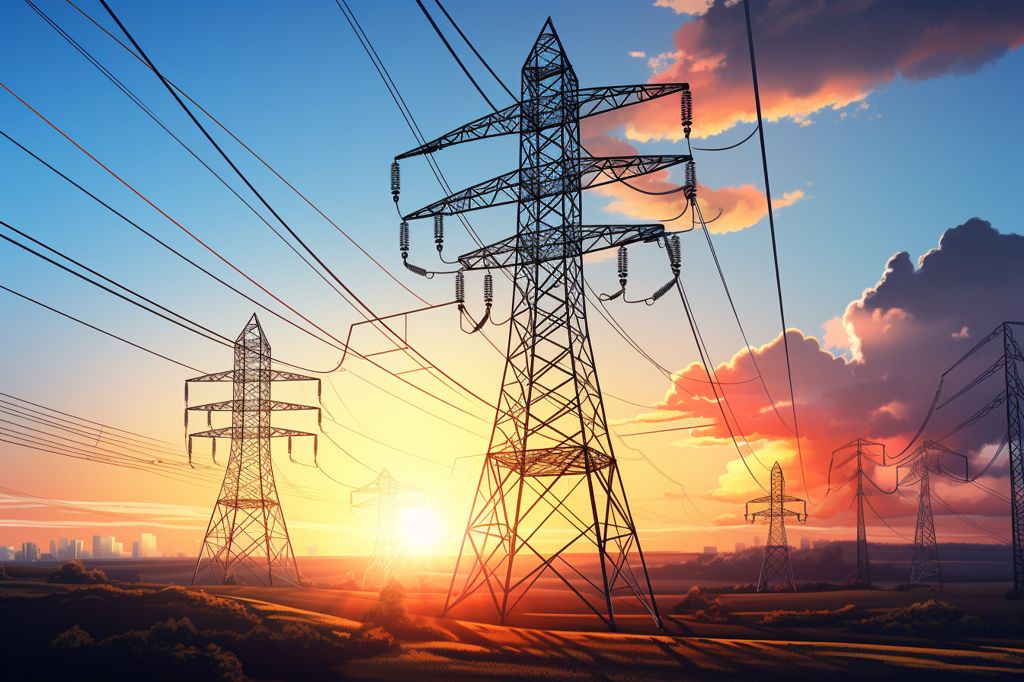In a recent meeting of the Western Cape Energy Council, Kgosientsho Ramokgopa, National Minister for Electricity, presented the national government’s Energy Action Plan to tackle the persistent power outages in South Africa. These outages threaten an estimated loss of R725 billion to the economy in 2023.
Collaboration and Urgency Needed
Premier Alan Winde, chair of the council, expressed his readiness to collaborate with Ramokgopa, Eskom, and other stakeholders in addressing the energy crisis with the urgency it demands. He emphasized the need for rapid implementation of the Energy Action Plan, particularly in the areas of strengthening and investing in the transmission grid. Winde also believes that diversifying the energy mix and moving away from coal reliance is a priority for South Africa.
Concerns over Koeberg Nuclear Power Plant’s Maintenance Delays
One major concern raised at the meeting was the severe delays in refurbishments at the Koeberg Nuclear Power Plant (KNPP), posing a significant risk of heightened blackouts, especially in the Western Cape. Premier Winde warned that simultaneous offline status of both KNPP’s units could have dire consequences for the region’s residents, economy, and ongoing job creation efforts.
Winde clarified that the Western Cape Government’s concern is not nuclear-related but instead focused on the growing constraints on energy supply. He called for a better understanding of Eskom’s mitigation plans for the dual outage at KNPP and welcomed further engagement with Minister Ramokgopa and Eskom on this issue.
Minister Ramokgopa’s Commitment to Transparency and Accountability
Ramokgopa shared the council’s apprehension about Koeberg’s maintenance schedule, describing it as a “major area of concern.” He has requested a comprehensive report from the Eskom board on the matter.
The commitment to honesty and transparency by Minister Ramokgopa regarding the KNPP refurbishment was welcomed by Premier Winde, who expressed his intention to hold the Minister accountable. Winde also highlighted the importance of maintaining open lines of communication with the power plant’s management.
Collaboration is Crucial
As the energy crisis affects the nation as a whole, collaboration between the Western Cape Government and the national government is crucial. Winde emphasized that the more resources committed to resolving the issue, the better the outcome will be.
Urgent and Transparent Action Needed
In summary, the Western Cape Energy Council meeting emphasized the need for urgent and transparent action to address South Africa’s energy crisis. Key areas of focus include diversifying the energy mix, investing in the transmission grid, and managing the Koeberg Nuclear Power Plant’s maintenance delays. A collaborative approach between the Western Cape Government, the national government, and other stakeholders is required to prevent further damage to the economy and the wellbeing of South Africa’s citizens.








